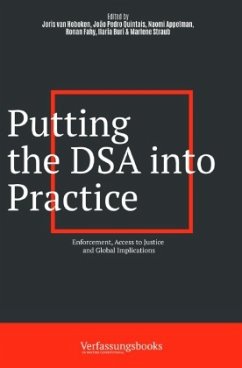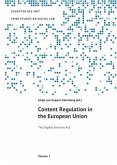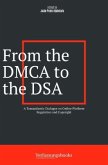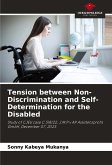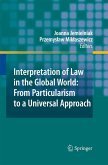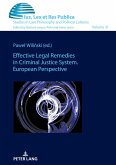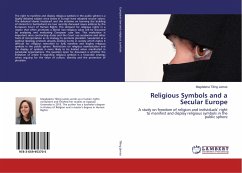The publication of the Digital Services Act in the Official Journal marks the end of a years-long drafting and negotiation process, and opens a new chapter: that of its enforcement, practicable access to justice, and potential to set global precedents. The Act has been portrayed as Europe's new 'Digital Constitution', which affirms the primacy of democratic rulemaking over the private transnational ordering mechanisms of Big Tech. With it, the European Union aims once again to set a global standard in the regulation of the digital environment. But will the Digital Services Act be able to live up to its expectations, and under what conditions?
Bitte wählen Sie Ihr Anliegen aus.
Rechnungen
Retourenschein anfordern
Bestellstatus
Storno

